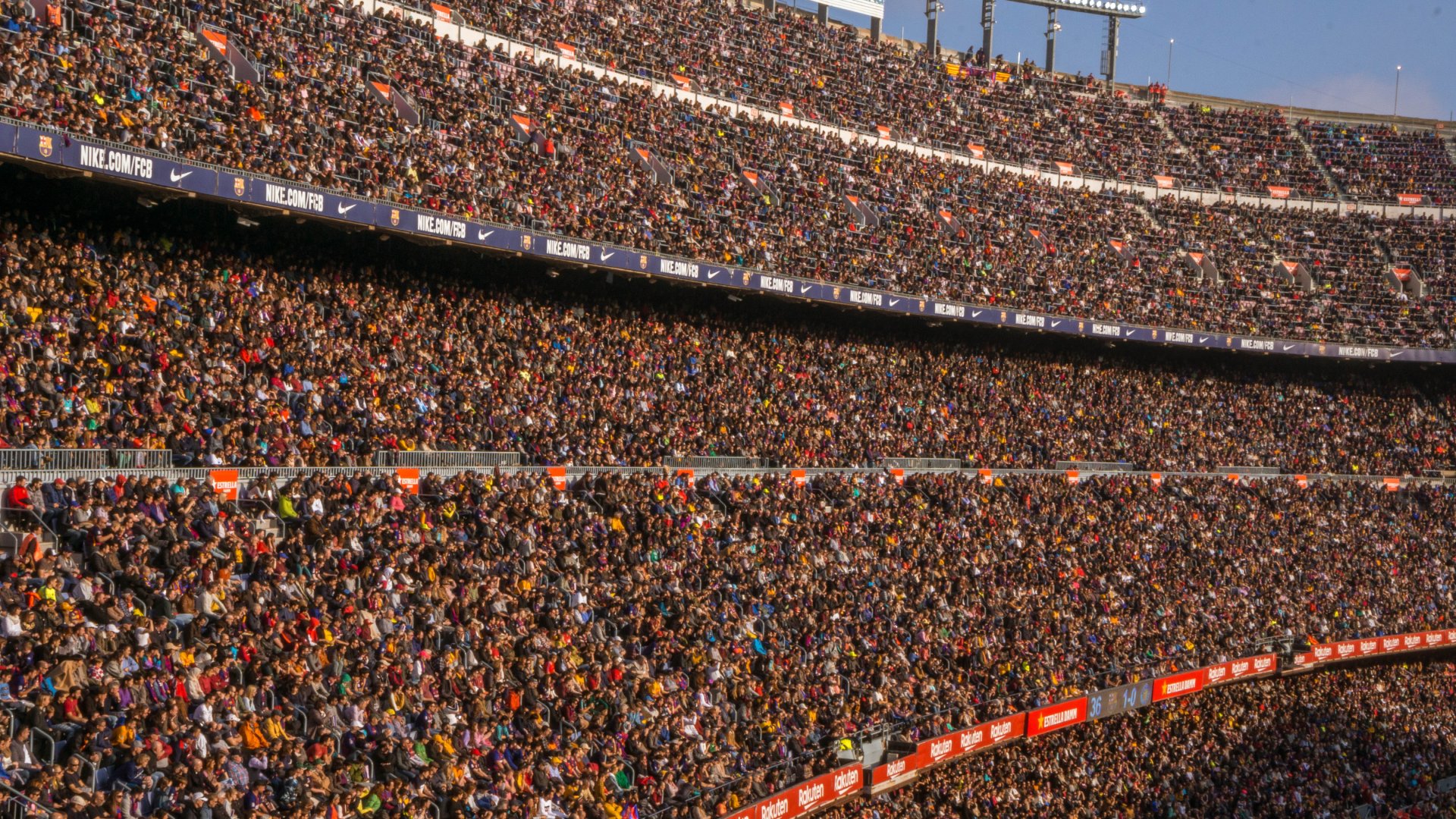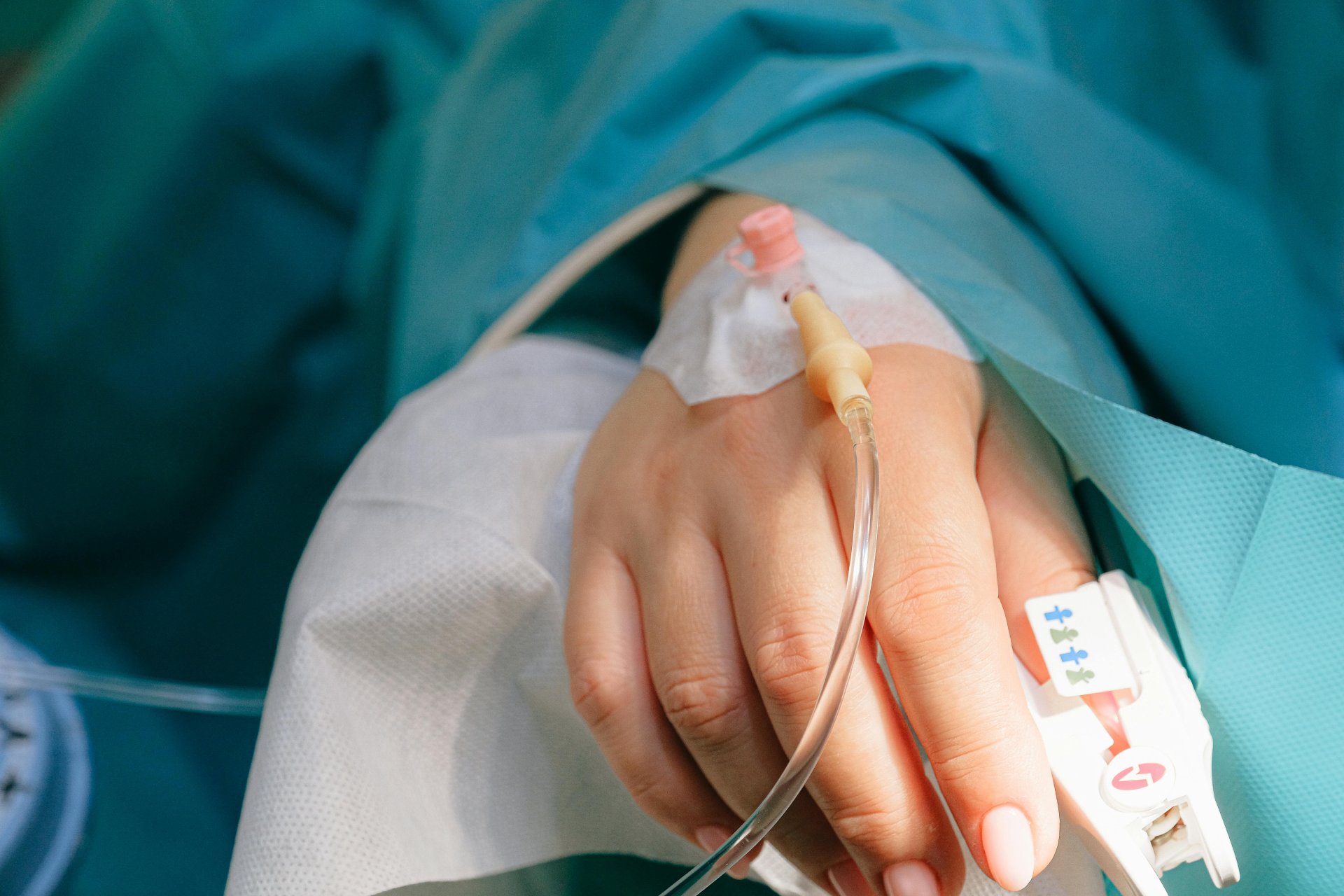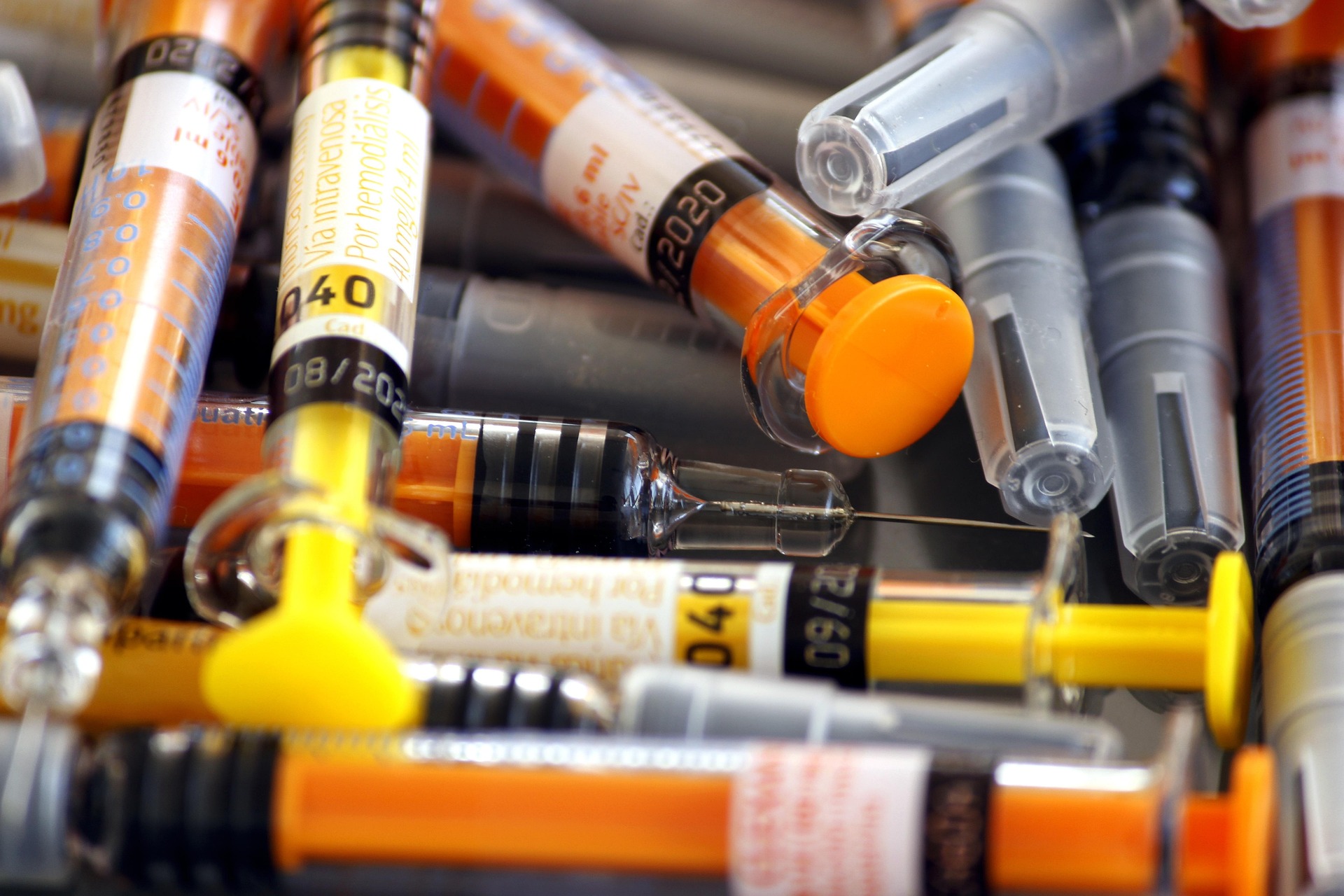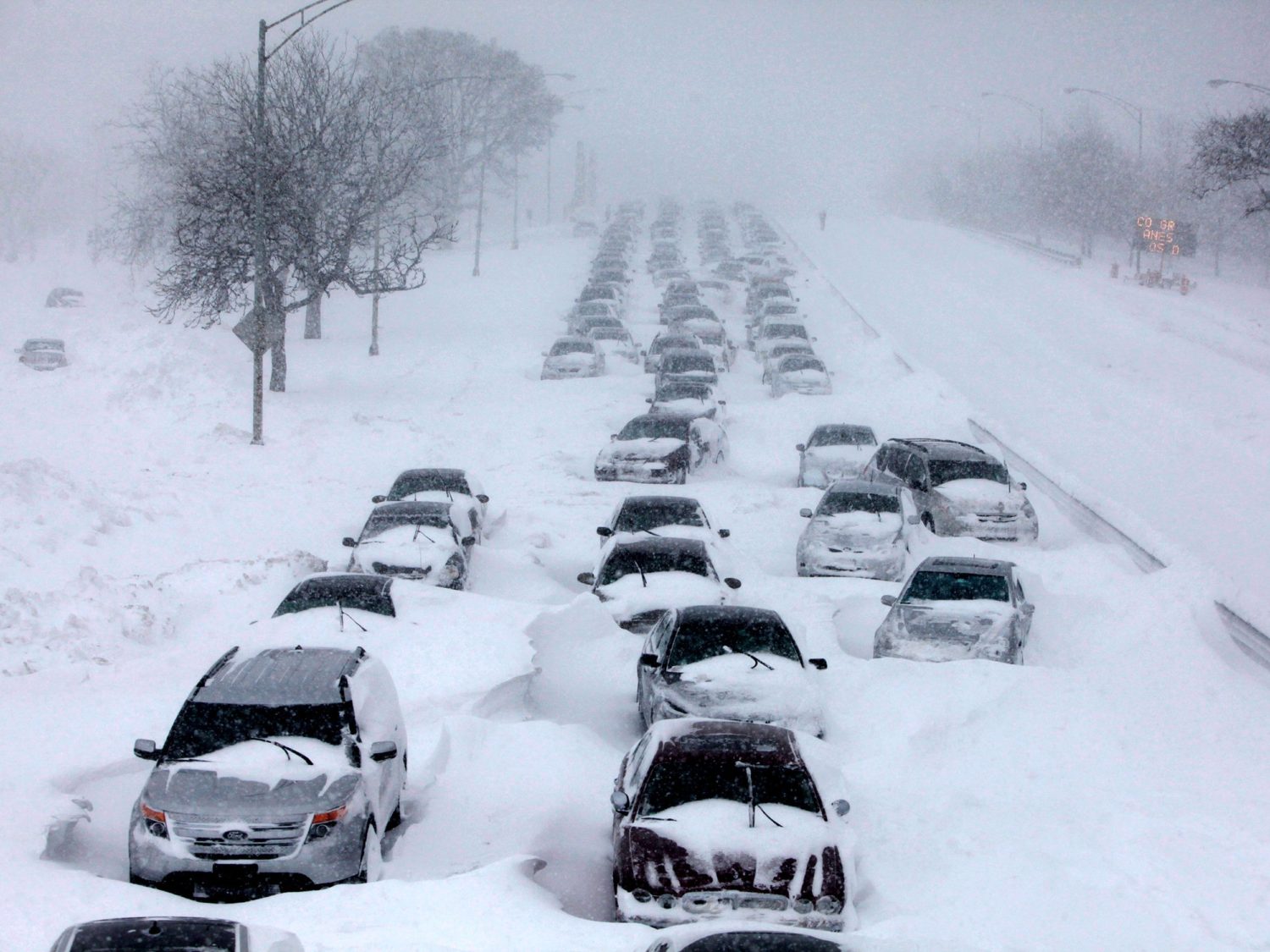On July 23 of this year, Taylor Swift caused a 2.3 magnitude earthquake in Seattle. Well, not Taylor specifically, but her fans—the more than 70,000 “boisterous Swifties” who filled Lumen Field that night, reported Wide Open Country.
In May, The Indianapolis 500 beat out the Super Bowl for the largest sporting event thus far in 2023 with 230,000 tickets sold, Forbes reported.
Can you imagine being in a crowd of that size? Or at an event with volume and attendance so high it could cause a minor natural disaster?
If you made plans to attend an upcoming major concert or sporting event—like one of Taylor Swift’s international concerts, or the Olympic Games in Paris next year—you could find yourself in one of these frenetic environments. The fun, the excitement, the energy—everything would be at a fever pitch, sure to create one of the most memorable events of your life.
But what if something goes wrong? What if you lost your child? Or violence broke out among fans? How would you find each other? How would you escape? At Global Rescue, our experts think through the worst-case scenarios and know what to do when they occur. Our experience shows us that emergencies don’t just happen when you’re fly fishing in Bolivia or adventure racing in Fiji. They can happen at major events too, where large crowds are gathered.
[Related Reading: 5 Crowd Safety Tips for the Holidays]
With this in mind, we’ve compiled our best tips for staying safe in a crowded stadium or venue.
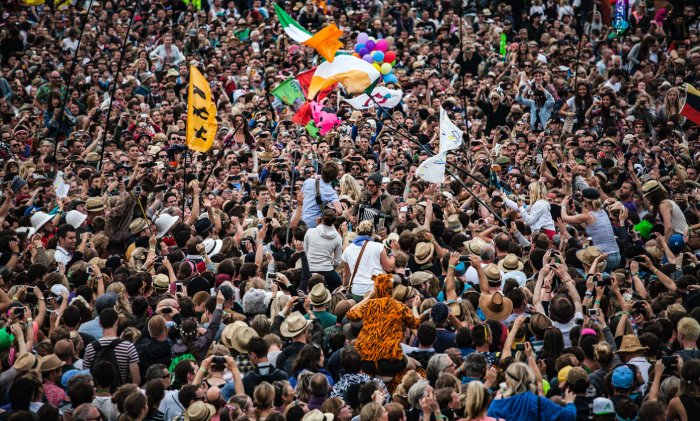
Safety in a Crowded Stadium
There are five main ways to stay safe in a crowd:
- Do your homework. In advance of the event, save a map of the venue on your phone and identify the exits, where you’re sitting and transportation location. Choose three meeting points for the group if you should get separated: two inside and one outside. Make sure you can find the spots in a large crowd (like a banner or a large pole) and try to find a spot with good lighting. If there’s a crisis, it may not be possible to take a direct route to your transportation, so identify alternative routes in advance.
- Outfit yourself for the unexpected. Wear or bring comfortable shoes in case you need to walk a long distance or run. Fully charge your phone in advance of the event and bring a portable charger with you. Bring proper clothing, not just for the event but in case you have to wait for a long period in the cold or rainy weather. If you’re traveling with small children, attach an AirTag to their ankle with a bracelet. If they get lost, you can check their location on your phone.
- Keep group members close, and if you’re walking around the venue, travel in pairs. Tell others in the group that you’re leaving and be specific: “Jane and I are going to get another pretzel from the vendor outside zone M420. We’ll be back in 10 minutes and have our phones. We’ll let you know if we get delayed.”
- Understand incident response. Unless you’re in imminent danger, stay where you are and take all instructions from competent authority. Avoid rushing to an exit and getting caught up in a large and panicky crowd. If you’re forced into a crowd, attempt to stay near a wall and walk purposefully.
- Stay alert. Throughout the event you should be practicing situational awareness, which goes beyond preparing for the occasion itself; It’s all about being attuned to your immediate surroundings. This will help you stay alert to notice if things seem off or if the worst-case scenario happens.

What To Do If the Worst Occurs
Harding Bush, security expert and operations manager at Global Rescue, offers these tips for worst-case scenarios.
If violence breaks out:
Resist the temptation to draw closer to a disturbance to see what’s happening.
“We always advise our members to avoid all areas of demonstration and public unrest when they’re traveling. It’s the same idea at a sporting event,” Bush said. “Don’t engage, go the opposite direction and, since you already have situational awareness and know where the authorities are, alert them to the issue.”
[Related Reading: What To Do if Violence Breaks Out at a Sporting Event]
If an explosion occurs:
Be thoughtful about where you exit after an explosion, avoiding popular exits where another explosion could happen.
“There may be a second explosive located where emergency responders may arrive to or from, or where the attackers may think additional targets may move to,” Bush said, referencing the 2017 Manchester Arena Ariana Grande concert bombing, where the attacker intentionally targeted the busiest exit. “It may often be best to pause and evaluate, rather than hastily move. The best exit may not be the one closest to you.”
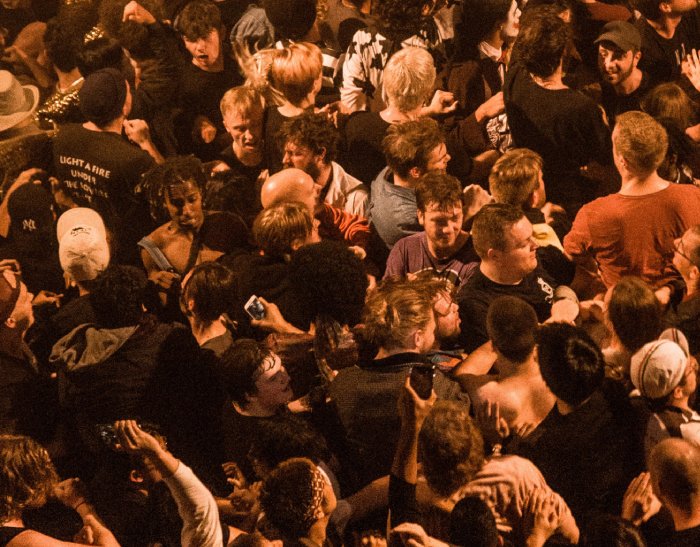
If the crowd stampedes:
When a crisis occurs, you may have the instinct to follow the crowd to safety. But there are risks with this approach, especially if there is a stampede or crowd crush. Consider an alternative exit if everyone is heading toward the most obvious or closest one to avoid getting swept up in a crowd altogether.
If you do find yourself amid a swarm, fold your arms up in front of you at chest level — much like a boxer stance — to maintain balance and protect your breathing space.
Next, try to keep pace with the crowd overall and avoid pushing against it — it’s extremely important you stay on your feet, plus pushing against a crowd will only tire you out.
Finally, carefully weave your way diagonally to the outer edge of the stampede, to avoid ending up stuck at a chokepoint (chokepoints are doorways, hallways and other narrow spaces that restrict the flow of the crowd).
Be Prepared, Not Scared
Don’t let an awareness of the risks stop you from buying tickets to see your favorite band or sports team. Go ahead and buy the tickets. And for an extra measure of confidence, get a Global Rescue membership before you go. We’re there for you at any event, helping you evaluate the risks so you can be prepared (not scared), knowing that we have your back with our security, medical and evacuation services.

